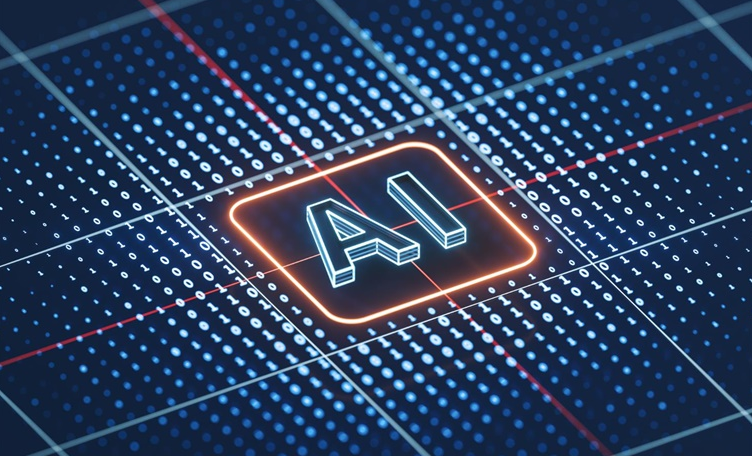After Trump was elected president of the United States, the news that his government might relax regulations on self-driving cars caused a shock in the market, especially having a significant impact on Tesla's stock price. The editor of Downcodes will provide you with an in-depth analysis of the impact and opportunities this incident will bring to Tesla and the entire autonomous driving industry. This article will explore the Trump administration’s potential policy adjustments, Tesla’s strategic layout, and the safety challenges and market competition facing the autonomous driving field.
With Trump elected as U.S. president, his administration is expected to try to relax regulations on self-driving cars, news that sent Tesla's stock price up more than 5% on Monday.

Tesla CEO Elon Musk has been aggressively promoting the launch of his "robo-taxi" service, aiming to compete with rivals such as Waymo, a unit of Google parent company Alphabet. The market is full of expectations that the Trump administration intends to lower the regulatory threshold for self-driving cars, and investors are excited and buying Tesla shares one after another.
Picture source note: The picture is generated by AI, and the picture authorization service provider Midjourney
According to reports, Trump’s transition team is planning to form new members of the Department of Transportation, hoping to develop new policies for the regulatory framework of autonomous vehicles. However, whether Trump's appointees will be able to fully loosen those restrictions remains uncertain, as any major policy changes would require bipartisan support in Congress.
Still, Musk's close relationship with Trump certainly gives him an advantage in his bid for looser regulations. Waymo has already established itself in the self-driving taxi space, while General Motors' Cruise's momentum has waned significantly after a major accident. In order to succeed in this fiercely competitive market, Musk showed off his steering wheel-less "Cybercab" prototype car in an attempt to demonstrate Tesla's cutting-edge technology in the field of autonomous driving to the public.
However, safety issues remain an important obstacle to advancing autonomous driving technology. For example, a proposal by the National Highway Traffic Safety Administration (NHTSA) to cap the number of autonomous vehicles deployed at just 2,500 vehicles is currently stalled in Congress. This means that the Trump administration must tread carefully when seeking policy support for Musk, especially on safety issues and public acceptance.
Overall, the Trump administration's future policies will have a profound impact on the autonomous driving industry, especially Tesla's market prospects, which are closely linked to it.
All in all, the Trump administration’s potential adjustments to autonomous vehicle regulatory policies will profoundly affect the future development of companies such as Tesla. Safety and public acceptance remain key challenges that need to be overcome on the road to commercializing autonomous driving technology. The editor of Downcodes will continue to pay attention to the developments in this field and bring you more in-depth reports.